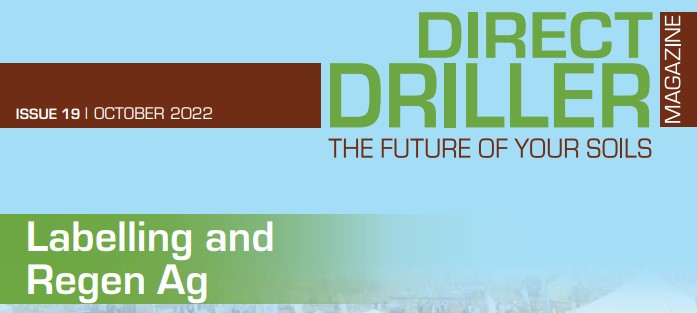Written by Mike Donovan
I have some sympathy for the new Defra Secretary Ranil Jayawardena. He got the job on Sept 6 and before the month was out was facing questions over ELMS – the greatest change in UK farming since the 1947 Agriculture Act. Ranil’s knowledge of farming is scant and he was surely hoping for time to bone up on the huge industry he now heads. Farming, environment, water and nature do not feature in his CV!
The growing financial crisis of the new government makes a re-think of ELMS look increasingly probable, and Minister Jayawardena will be lobbied from all sides. Government will question the benefits of farm subsidy. The NFU is not happy with present arrangements. Minette Batters wants the scheme delayed, saying “We called for a delay … because we believe that the SFI [part of ELMS] needed to have more detail and it needs to be profitable. We have always been calling for a better policy, one that does deliver for food production and for the environment.” Pro-ecology NFU members threaten to leave while Batters supporters want area payments to continue.
On Sept 26 a Defra spokeswoman explained that, while environmental land management remained important, the department was reviewing its plans “given the pressures on farmers, and the government’s aims of boosting food security and economic growth”. With the economy haemorrhaging as it is she could easily be referring to the UK economy rather than farmers.
She added: “In the light of the current global economic situation, we know that the cost of inputs has gone up, which might make it more difficult for farmers to both improve the natural environment and underpin food production, so we will continue our engagement with the sector to make sure the outcomes that the British people want to see are delivered.”
Given the current dismal national financial scene it looks very much as if ELMS will be on the back burner for some time with a distinct possibility of a cut in overall farm payments.
Direct Driller readers know conventional cultivation methods are from the Steam Age and farming is moving quickly to a period of biology and working with nature. Yet the lobbying power of ‘old ag’ remains considerable and Mr Jayawardene will need rapid education into the costs, benefits and needs of the new biological farmer. First among this is trials and advice, which is where Direct Driller (and Practical Farm Ideas) can play a part. Read this issue of Direct Driller and you will find a dozen and more vital areas of research, many being tackled by individual farmers.
Finally, I sincerely thank all who have contributed, and invite others to do the same.
